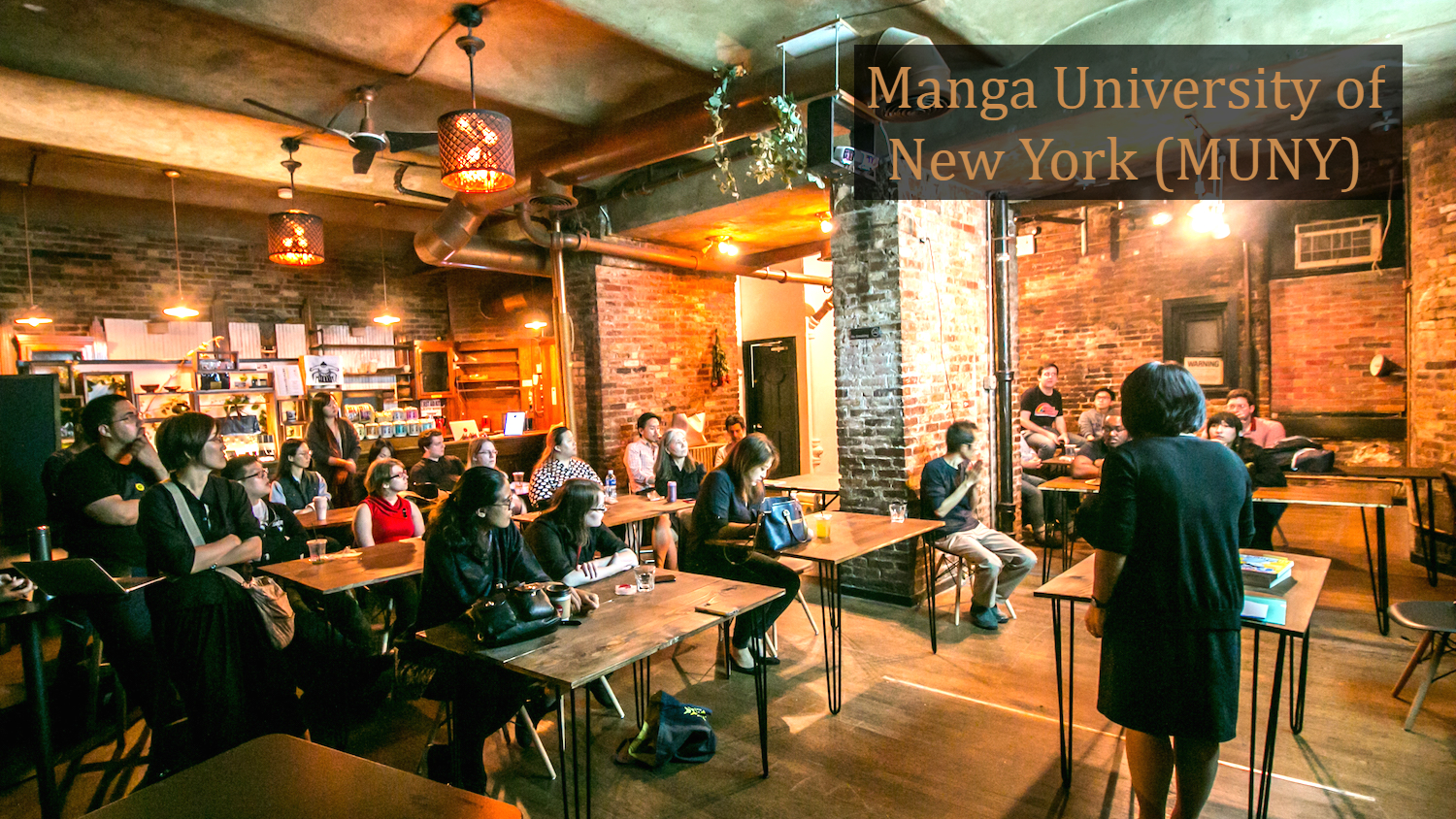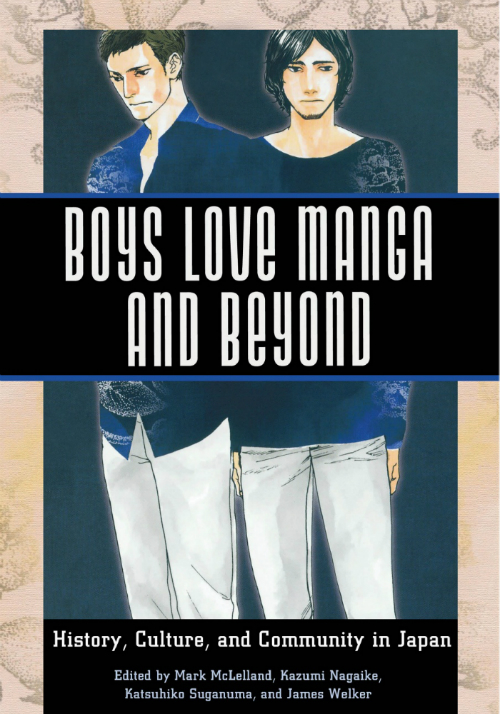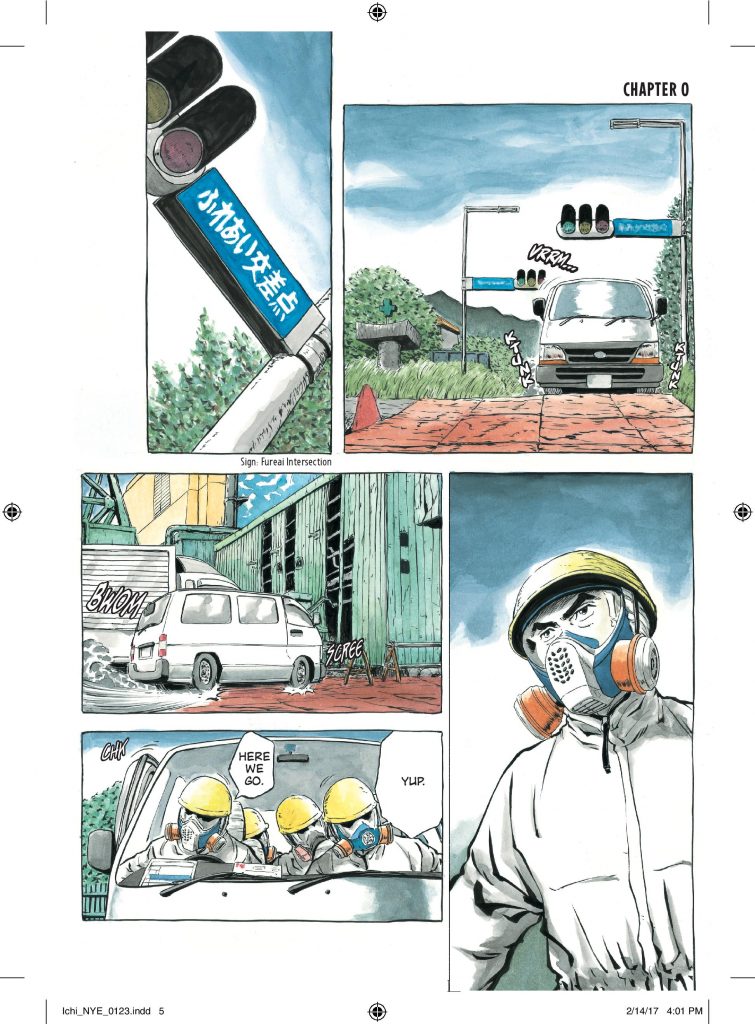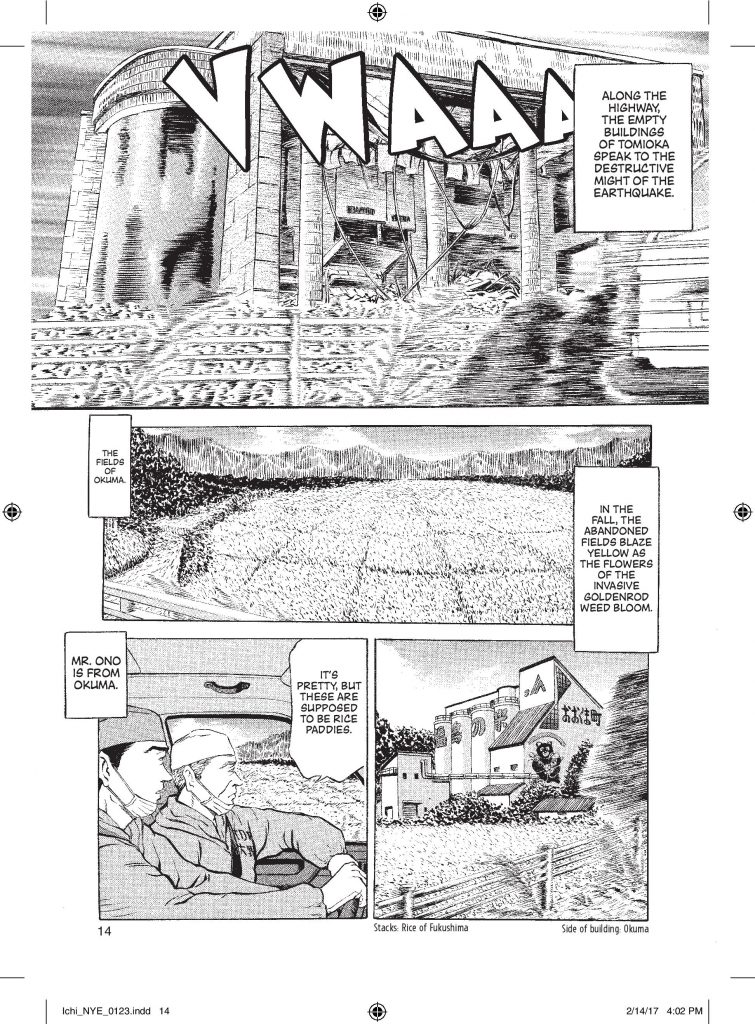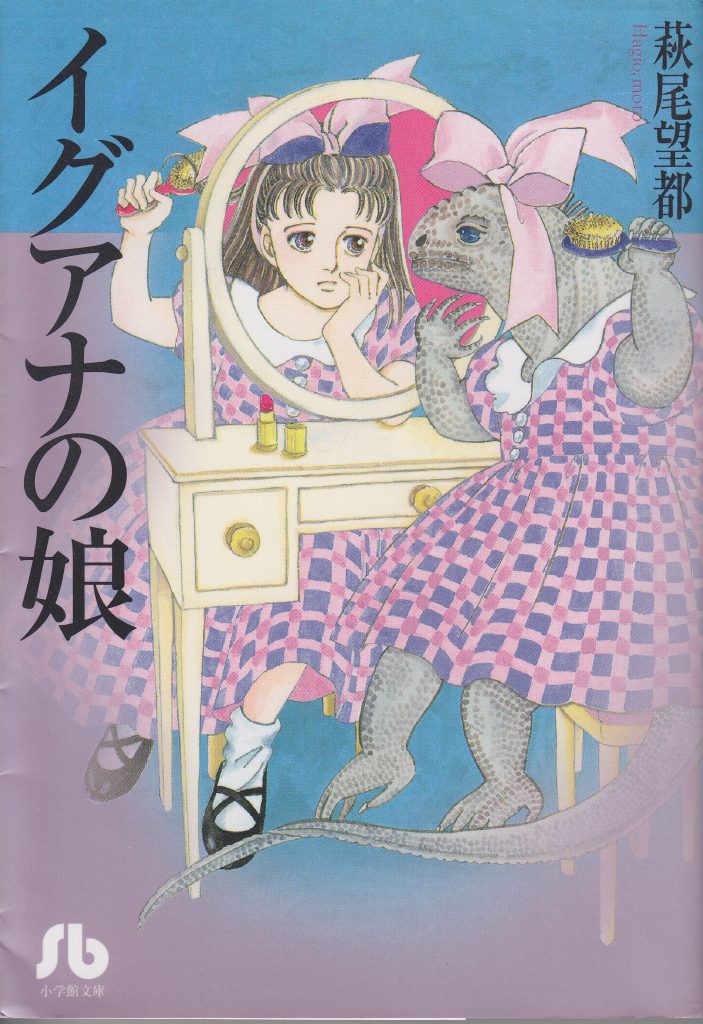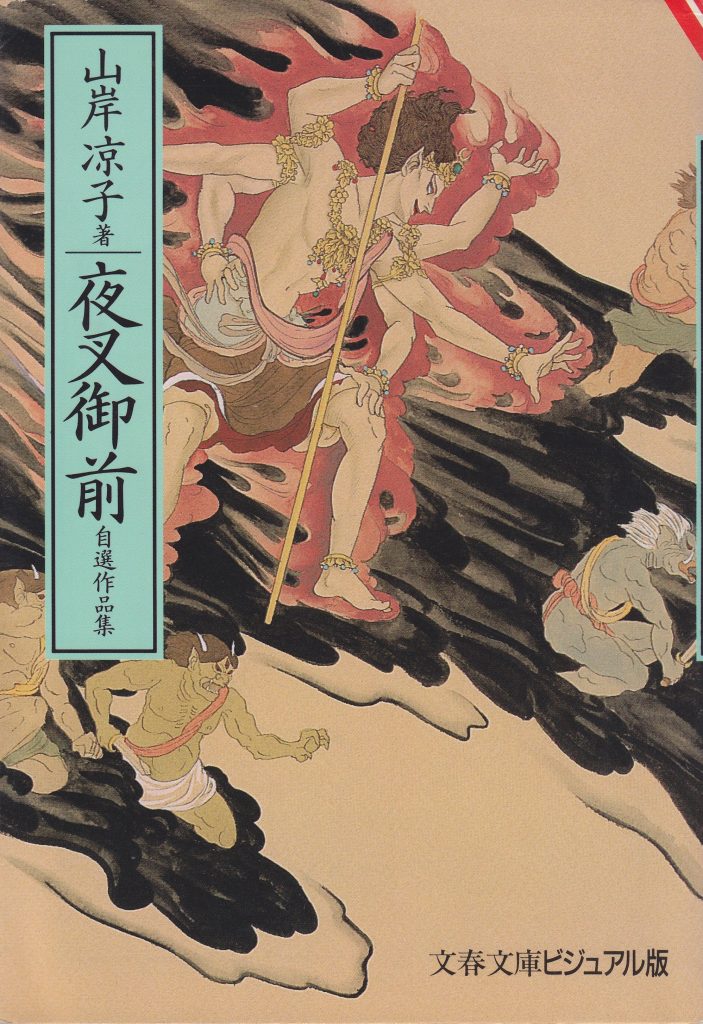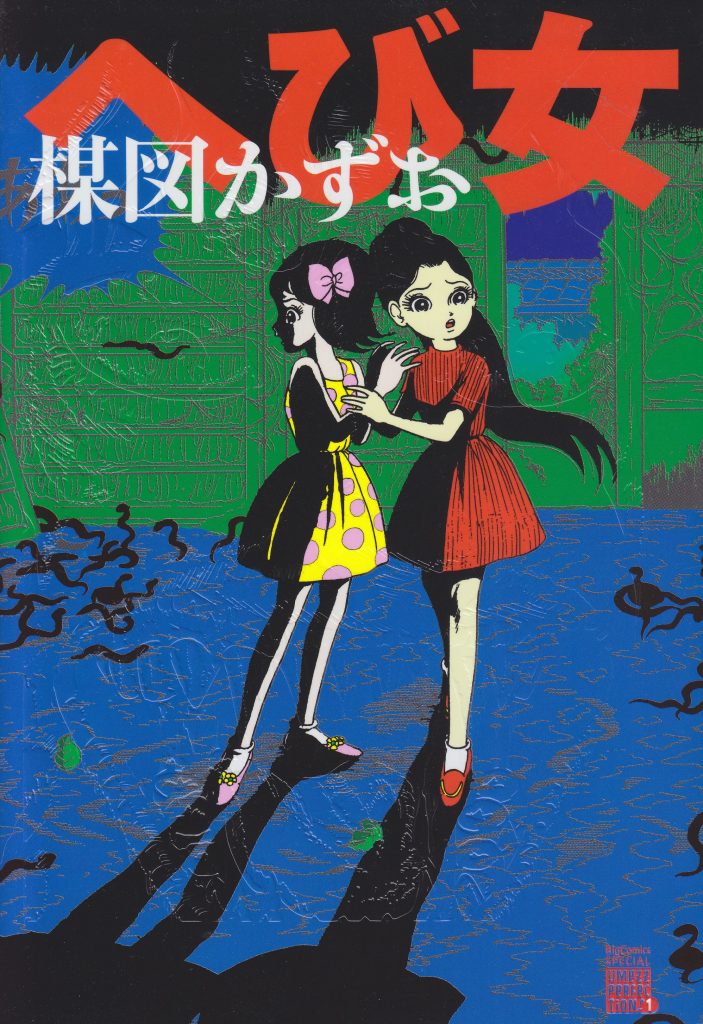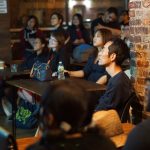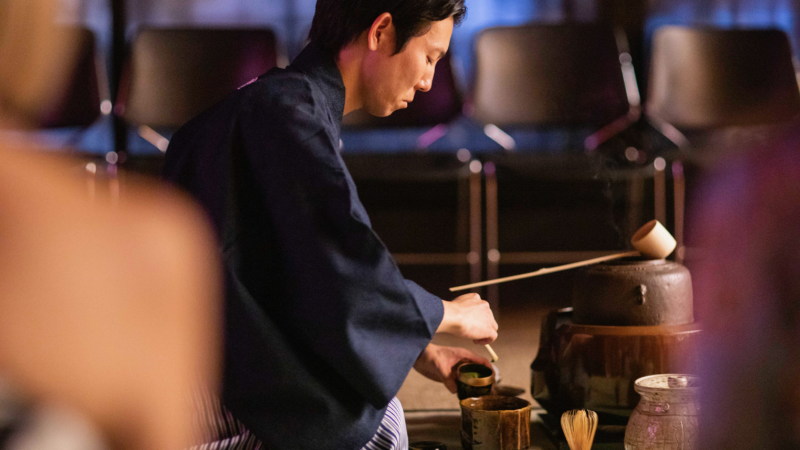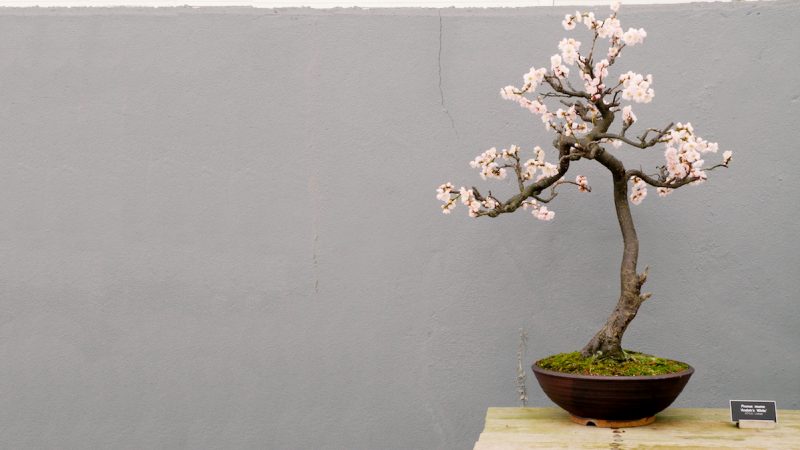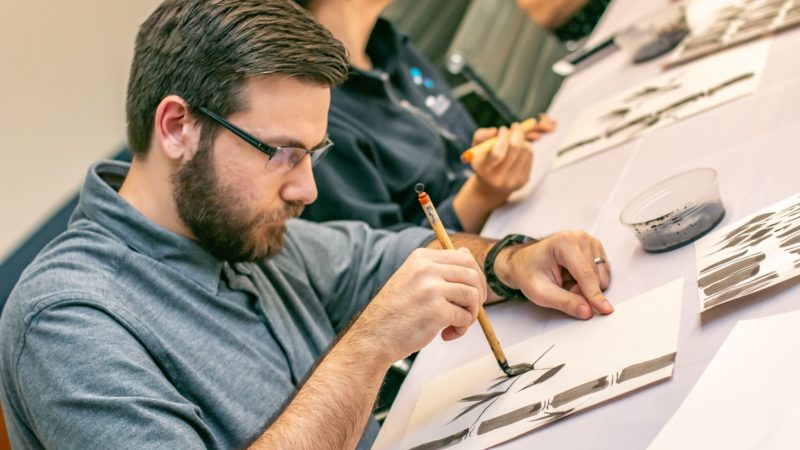Manga University of New York (MUNY)
Upcoming Event
- TBA – Coming soon!
About MUNY
The Manga University of New York (MUNY) offers a series of lectures on manga/comics by professionals, including artists, scholars, educators, publishers, translators, critics, and others who are engaged with manga from multiple perspectives. We hope to deepen the knowledge of the medium, industry, education, and culture surrounding manga in North American or other contexts in dialogue with the invited experts. We welcome everyone to participate and be a part of discussion while enjoying delightful meals and drinks available at RESOBOX!
The MUNY has evolved from and works in conjunction with MaRRN (Manga Research and Reading Network).
Sign up for our newsletter here!
Previous Events
- Thursday, May 16, 2019 – James Welker presenting on “What We Can Learn from the Circulation and Transformation of Boys Love (BL) Media around Asia“
Created by and for adolescent girls and women, boys love (BL) media, depicting romantic and sexual relationships between males, took root in commercial shōjo manga (girls’ comics) magazines in Japan in the early 1970s. BL quickly spread into other commercial and fan-produced media forms, including dōjinshi (fanzines), “light novels,” anime, “drama CDs,” live action films, collectible figures, and video games. With an estimated annual domestic market size in the 2010s of around US$190 million, BL media clearly has a pronounced presence in Japanese popular culture today. By the early 2000s BL media was becoming a global media phenomenon, encompassing pirated and licensed translations and locally-produced works.
Owing perhaps to cultural and geographic proximity, BL media has found a particularly receptive home in many parts of Asia, where it has often taken on new meanings and had different fan bases and cultural effects from in its country of origin. After briefly reviewing the emergence of BL and its impact in Japan, in this talk I will analyze the work of over a dozen scholars researching BL media to discuss the varied sociocultural effects of BL media around East, Southeast, and South Asia, which I am currently compiling into a collection provisionally entitled Queer Transfigurations: Boys Love Media in Asia. These effects range from helping female BL fans reconsider their attitudes towards romance, sex, and sexuality in India and the Philippines, to affecting attitudes about and representation of the LGBTQ community, including same-sex marriage, in Indonesia, Taiwan, and Thailand, to facilitating new forms of cultural exchange across the region.
- Sunday, March 11, 2018 – Lauren Scanlan and Deron Bennett presenting on Ichi-F by Kazuto Tatsuta (Please RSVP here if you plan on joining us!)
The March 11, 2011 tsunami and earthquake upended the Tohoku area of Japan, causing meltdowns at the Fukushima Daiichi Power Plant and devastating the surrounding region. Kazuto Tatsuta, then an aspiring mangaka, took an interest in the cleanup and restoration efforts, eventually joining them himself and documenting his experiences in the graphic memoir Ichi-F. What began as a brief “work report” eventually became a vital and rare public record of what is still an extremely secretive cleanup effort. In light of its historic importance and unique storytelling, Kodansha Comics decided that it was essential that Ichi-F be translated into English – but this is just the beginning of the story. Join Kodansha Comics editor Lauren Scanlan as she discusses the singular challenges involved with bringing Ichi-F to the English-speaking world.
- Friday, October 13, 2017 – Dr. Hiromi Tsuchiya Dollase presenting on “Mother Horror in Japanese Shōjo manga”
Since its emergence in the 1950s, shōjo manga has functioned as a medium to mirror girl readers’ psyches. With fantasy as a weapon, young manga artists have explored new expressions of love, power and femininity, while shōjo horror manga have represented the dark regions of young girls’ hidden emotions and subconscious fears. A frequently occurring motif is that of mothers, who are often portrayed in metamorphosis, transforming into grotesque creatures, animals, and demons, threatening their daughters with their abominable presence. The presentation will discuss how, through horrifying representations of mothers, manga artists express girls’ fears toward their mothers as well as the idea of becoming mothers themselves. Manga works by artists such as Umezu Kazuo, Yamagishi Ryōko, and Hagio Moto will be examined.
